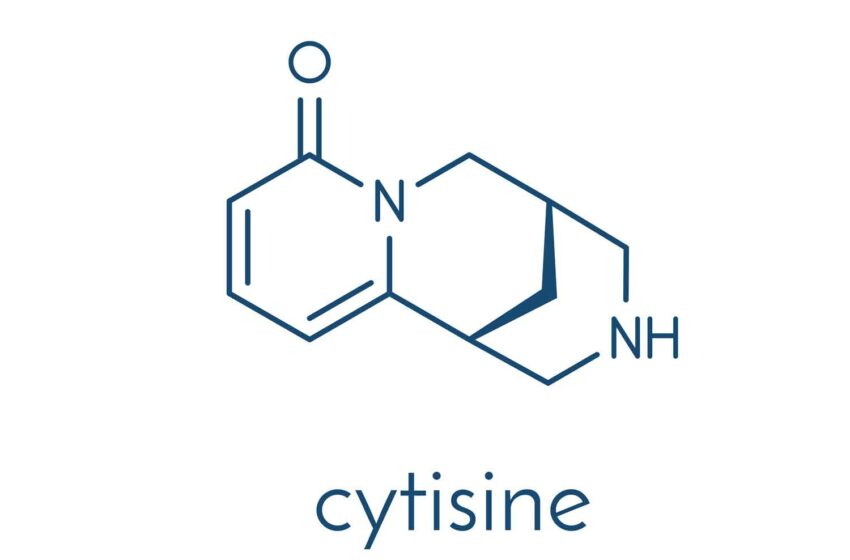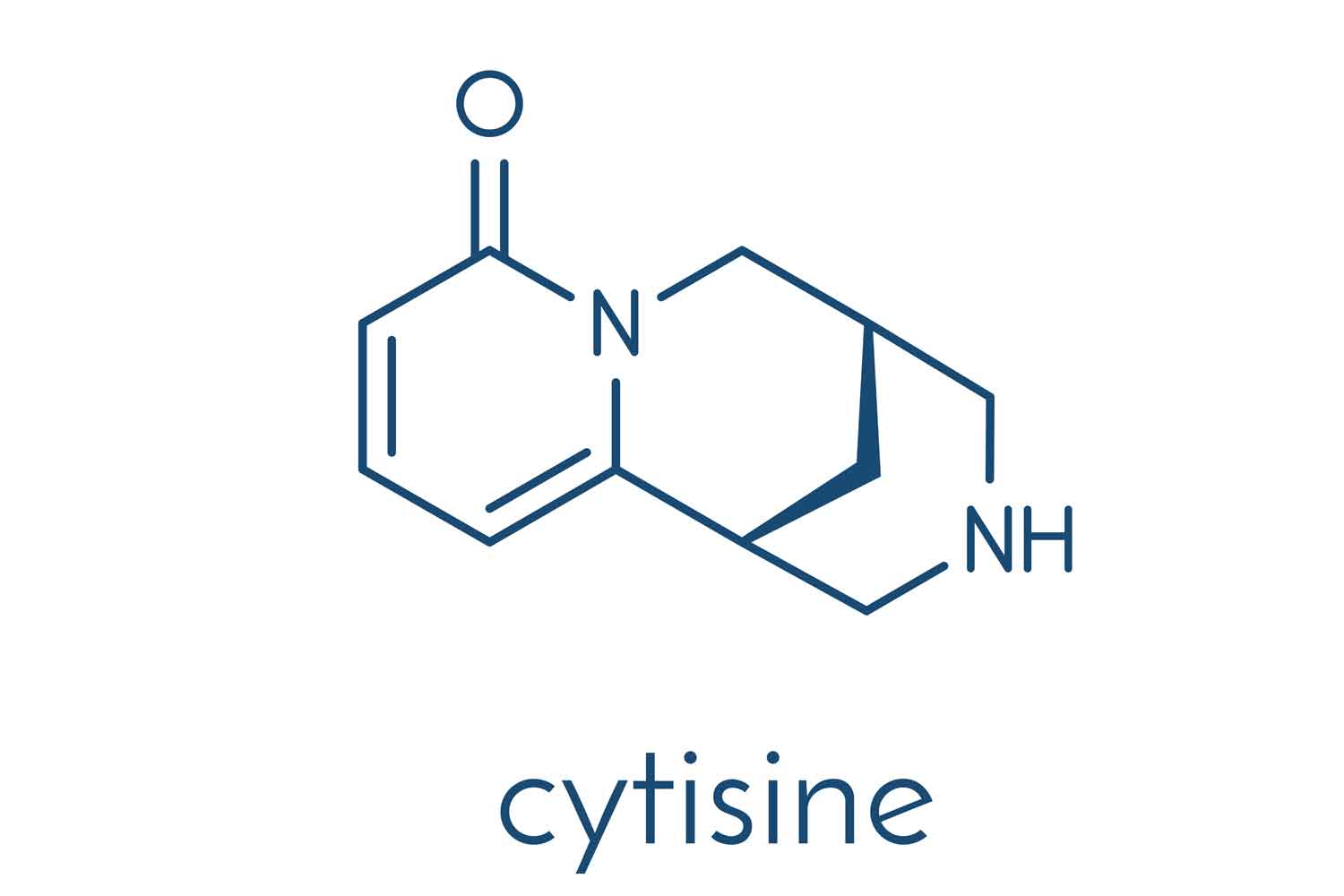Study Finds Cytisine More Effective than NRTs
- News This Week Research
- January 5, 2024
- 3 minutes read


Cytisine, a low-cost, generic stop-smoking aid that has been used in eastern Europe since the 1960s, increases the chances of successful smoking cessation by more than two-fold compared with placebo and may be more effective than nicotine replacement therapy, according to a new study published in Addiction. The cessation tool reportedly has a benign safety profile, with no evidence of serious safety concerns.
Cytisine is a plant-based compound that eases smoking withdrawal symptoms. It was first synthesized in Bulgaria in 1964 as Tabex and later spread to other countries in eastern Europe and Asia, where it is still marketed. In 2017, the Polish pharmaceutical company Aflofarm began selling it as Desmoxan, a prescription-only medicine, and Canada approved it as an over-the-counter natural health product, Cravv.
This study pooled the results of eight randomized controlled trials comparing cytisine with placebo, with nearly 6,000 patients. The combined results showed that cytisine increases the chances of successful smoking cessation by more than twofold compared with placebo.
The study also looked at two randomized controlled trials comparing cytisine with nicotine replacement therapy, with modest results in favor of cytisine, and three trials comparing cytisine with varenicline, without a clear benefit for cytisine.
“Our study adds to the evidence that cytisine is an effective and inexpensive stop-smoking aid,” said lead author Omar De Santi in a statement. “It could be very useful in reducing smoking in low- and middle-income countries where cost-effective smoking cessation drugs are urgently needed.”
Cytisine is currently not licensed or marketed in most countries outside of central and eastern Europe, making it unavailable in most of the world. At the end of January, cytisine pills are due to become available in the U.K., according to National World.